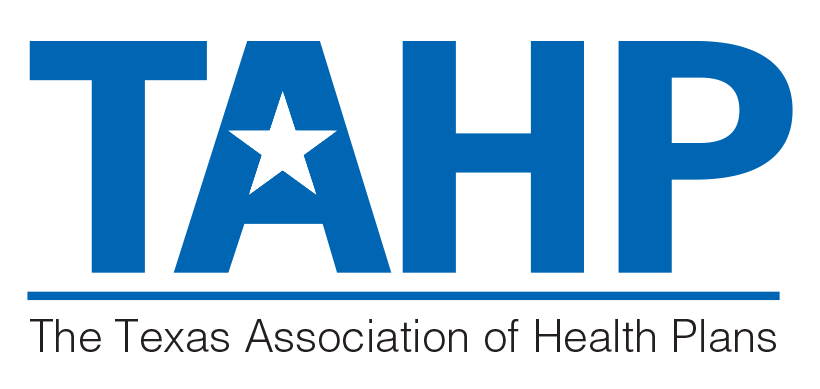
Houston Chronicle Spotlights TX Health Plan Hurricane Relief Efforts
Featured
By: TAHP | Wednesday, September 6, 2017
By: Jenny Deam
The Texas Department of Insurance is urging health insurers in Texas to loosen restrictions and show flexibility for people who have already sought or may need medical or mental health treatment in coming weeks.
“We want to make sure that all of the people who are displaced by Harvey have the medical care they need without having to worry about their specific plan details,” department spokesman Ben Gonzalez said Wednesday.
A series of recommendations and guidelines were issued by his department before the hurricane struck. Gonzalez characterized them as simply compassionate expectations of the insurance industry.
“We’re not expecting anyone to do anything wrong,” Gonzalez said. “We’re expecting them to do the right thing.”
Among the department’s recommendations are that insurers cover out-of-network care, both emergency and non-emergency, by waiving penalties and restrictions and not denying payments based on whether a doctor or counselor is in network.
The agency is also asking that insurance companies access care “without jumping through the standard hoops,” such as getting prior authorization to see a specialist, or to prove medical necessity before authorizing payment. It also asked that health plans waive requirement that patients notify insurers if they are admitted to a hospital.
Another request is that patients can easily access prescriptions of other needed medical supplies regardless of when they were last authorized.
Gonzalez explained that it is common for health plans to deny prescription refills until an existing supply is depleted based on a date. He said when people fled homes, often with only their clothes on their backs, they might have been unable to bring all of the medications. Those people should not be penalized by having to wait to fill a prescription.
Also, health insurers are being encouraged to be flexible about premium payments by giving those affected by the storm a grace period or payment plans.
The Texas Association of Health Plans, the trade organization that represent both consumer and public plans, indicated this week that many carriers had stepped up “to support uninterrupted care” among those who had been forced to evacuate or were otherwise displaced.
For example, Texas Medicaid is working to track and coordinate care for those on public-assistance programs, including the Children’s Health Insurance Program, to keep access to care seamless. Co-pays for CHIP have been waived for those in designated disaster areas and enrollment has been extended both for Medicaid and CHIP for six months.
Other insurers have announced intentions to streamline the prescription-refill process and set up crisis and support lines, in some cases even if the caller is not insured by the company. Other efforts for those in affected areas include one by Aetna to extend claim and appeal filing time. Humana is waiving all requirements for primary care referrals, removing prescription drug limitations and giving patients the same cost-sharing they would get at an in-network facility.
Blue Cross and Blue Shield of Texas, the state’s largest insurer, announced it was following many of the same guidelines including allowing 90-day supplies of prescription medicine so patients will not have to refill as often, not denying out-of-network claims, and waiving penalties, pre-authorization or referral requirements in the counties designated as a disaster area or affected by the storm for the duration of the governor’s proclamation.
Many telemedicine companies have also announced they would suspend fees for a virtual consultation.
Several large insurers have made substantial donations to relief efforts, including a $1 million gift to hard hit Texas communities by UnitedHealthcare Group. Cigna, Humana and Aetna are making large donations to the American Red Cross.
The Texas Department of Insurance said in its announcement that if someone feels their storm-related access to care and coverage needs area not being addressed by their insurers, the customer is first urged to call the company directly and “ask that the health plan make accommodations.”
If that does not work, people should call the department’s Consumer Help Line at 1-800-252-3439 or file a complaint online.
Such advice comes with the caveat, however, that not all plans are regulated by the state insurance agency. In fact, only about one in three private insurance plans are overseen by the agency. To check, look for letters “TDI” or “DOI” on insurance card.
If a plan is not regulated by the agency, customers should call their insurer directly to try to get help or check with an employer’s human resources department.
Stay updated on the latest TAHP news

Articles written by TAHP’s team of policy experts that examine the research, trends, and impact of the most important health care policy issues facing Texas and the country today.

Weekly news clips assembled by the TAHP team that highlight the top headlines from the health insurance and health care worlds, as well as important political updates.
